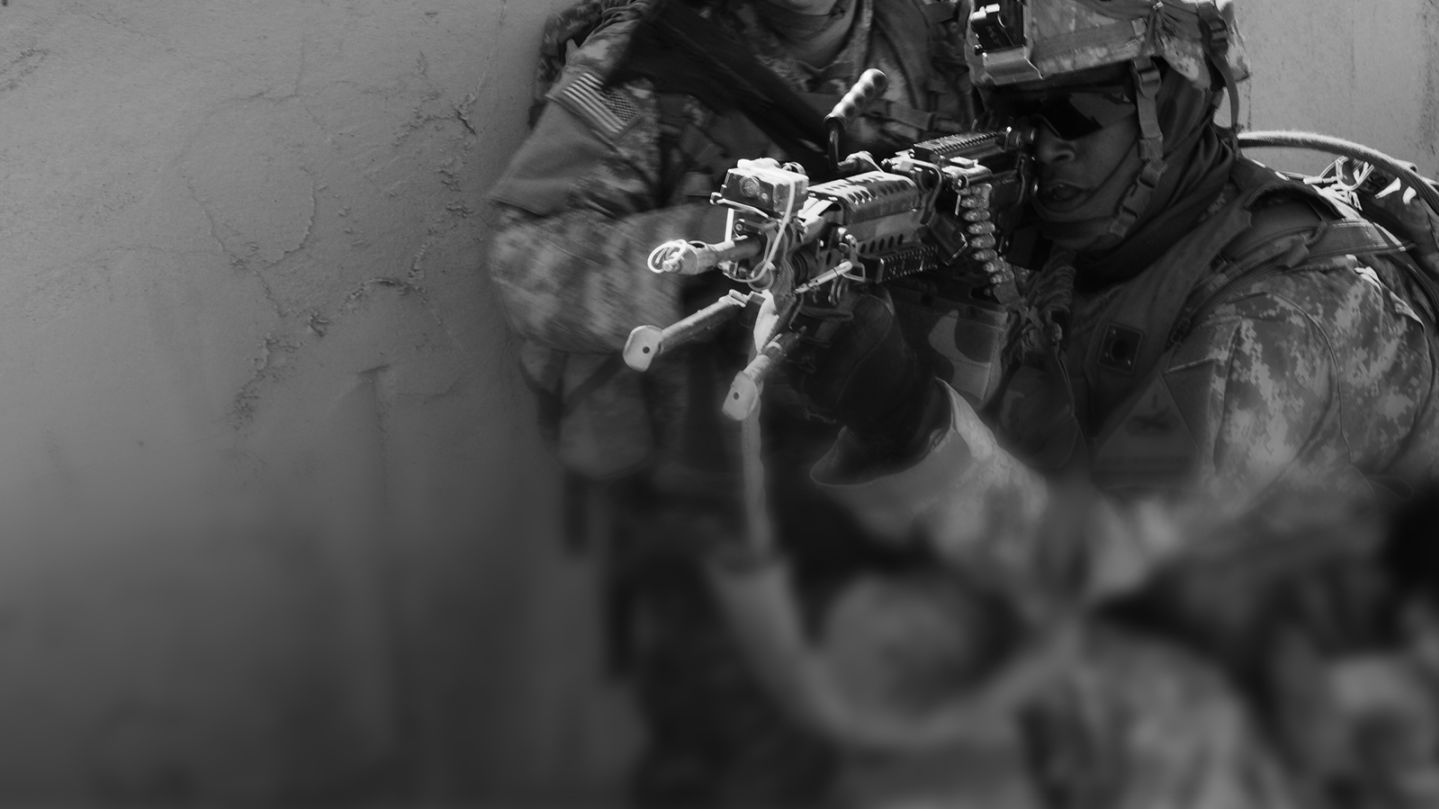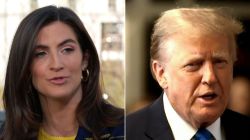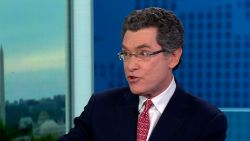It’s like a low murmur just below the surface. “We don’t know what he might do,” says one officer in the Pentagon. “We are in strange times,” says another officer. Some senior military officers are trying to steer clear of the White House for the next month, rather than be in the President Donald Trump’s orbit.
With just some 30 days to go before the US military watches its current commander in chief leave office, there is growing anxiety in the ranks about what Trump might do in these remaining days. Will the President order some unexpected military action, such as a strike on Iran, or will he somehow draw the military into his efforts to overthrow the election results?
It’s a troubling enough scenario that military leaders have taken the unusual step of publicly stating that they will not play a role in deciding an American election.
Trump White House
CNN has spoken to nearly a dozen currently serving officers either in senior roles or with direct knowledge of how senior commanders feel right now. Not all are in the Pentagon.
No one will allow their names to be used. Currently serving military personnel are not allowed to speak against the president of the United States – but opinions are divided. Some say don’t talk about it, it only fuels the fire. Others say drag the quiet talk into the sunshine of public debate.
Making lists
But the conversations are all unsettlingly similar. Concerns have been rising since Trump fired Defense Secretary Mark Esper last month and replaced him with acting Secretary Chris Miller, then proceeded to install political loyalists in key civilian positions.
One officer said people are making “lists” of everything they can think of that the President might do. Several worry there could be a round of firings or forced resignations of more Pentagon officials, including top military officers.
Until a few days ago, these conversations might have been avoided. But last Friday night, by all accounts, the idea of using the military to change the election outcome reached directly into the Oval Office. Trump hosted a raucous meeting that included lawyer Sidney Powell, who has pushed conspiracy theories about the election, and her client, former national security adviser Michael Flynn, where the idea of declaring martial law to overturn the election came up.
Powell advocates the federal government seizing and inspecting voting machines. In a Newsmax video posted on social media a few days before the White House meeting, Flynn, once head of the Defense Intelligence Agency, with access to the greatest military secrets, raised the prospect of martial law, though he carefully said he doesn’t advocate it. But he also suggested the President could take “military capabilities” and “rerun” the election in swing states.
It’s not clear Trump accepted any of the ideas, and top civilian aides are reported to have pushed back. No military officers are known to have been present.
Trump later tweeted “Martial law = Fake News. Just more knowingly bad reporting!” CNN independently confirmed that meeting, which was first reported by The New York Times.
But the idea had a serious impact on the senior ranks. A day after Flynn’s Newsmax video aired, Gen. James McConville, the Army chief of staff, and Ryan McCarthy, the Army secretary and a Trump appointee, issued a terse statement saying, “There is no role for the U.S. military in determining the outcome of an American election.”
No military official CNN has spoken with recalls a recent time prior to Trump when top serving officials had to send the message they cannot get involved in election results. Let alone put out multiple messages to that effect.
While active-duty officers cannot air their concerns publicly, retired generals often do speak out.
Flynn’s recent comments are seen as outright dangerous to the troops by some who know the retired three-star general well. Retired Gen. Tony Thomas ran Joint Special Operations Command, the military unit in charge of secretive missions around the world. In a series of recent tweets, he worried about the fundamental damage Flynn may be inflicting just by raising the idea of troops being involved in an election.
“Mike stop. Just stop. You are a former soldier. You know that leveraging the military to ‘rerun elections’ is a totally inappropriate role for the profession. You are also undercutting the extraordinary trust and confidence America has in their military. Stop!”
Several military officials tell CNN that for the remainder of his term, if Trump issues any orders, the key will be whether they are determined to be legal. If they are not legal, and the President cannot be talked out of potential illegal orders, it could raise difficult questions about what senior military leaders do next.
If they are legal – even if distasteful – they will be followed. If they are not legal, and the President cannot be talked out of them, the situation could raise dire questions about whether senior military leaders feel they can stay on the job.
Just last month, Trump’s top military adviser, Gen. Mark Milley, the chairman of the Joint Chiefs of Staff, made his position clear about what the US military does and does not do in this country. “We are unique among militaries,” he said in remarks at the opening of the Army’s museum.
“We do not take an oath to a king or a queen, a tyrant or a dictator. We do not take an oath to an individual. No, we do not take an oath to a country, a tribe or religion. We take an oath to the Constitution.” A constitution that Milley likes to call his “North Star.” It’s a commitment that top commanders have long vowed not to violate.






















